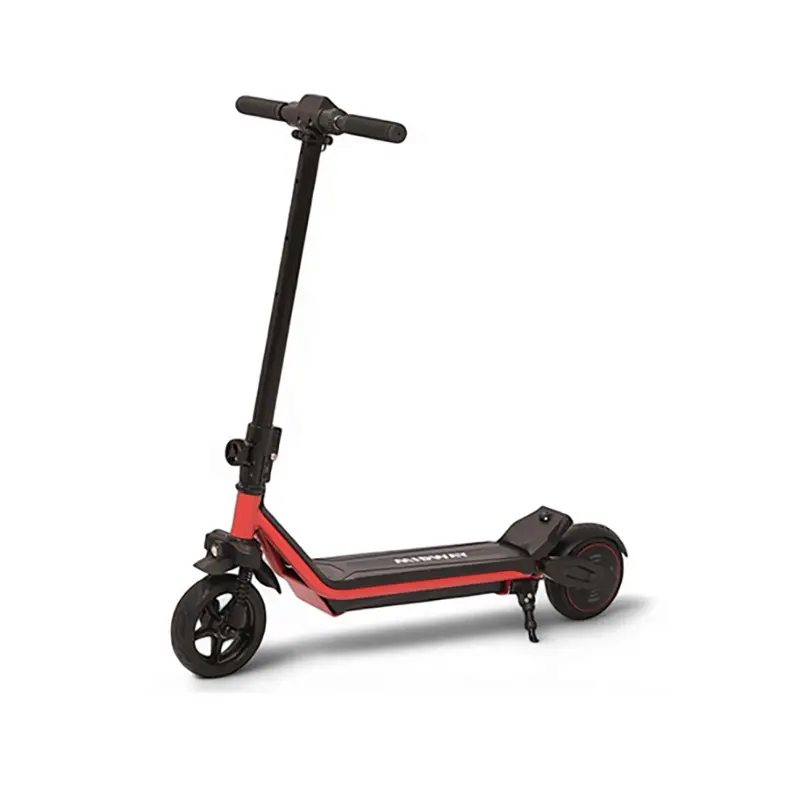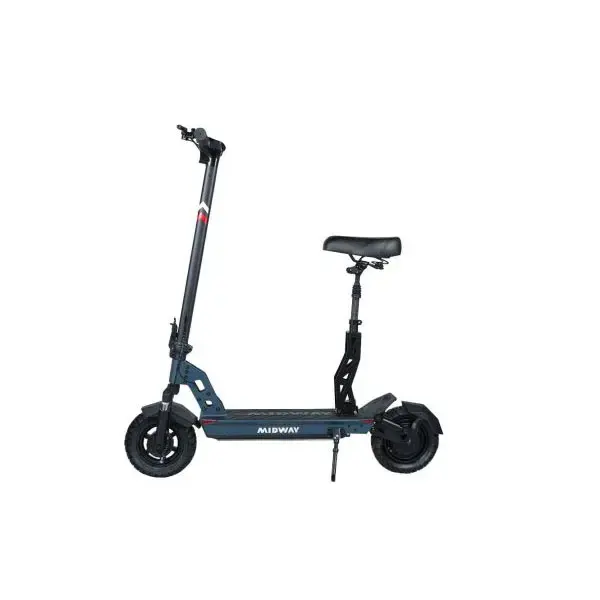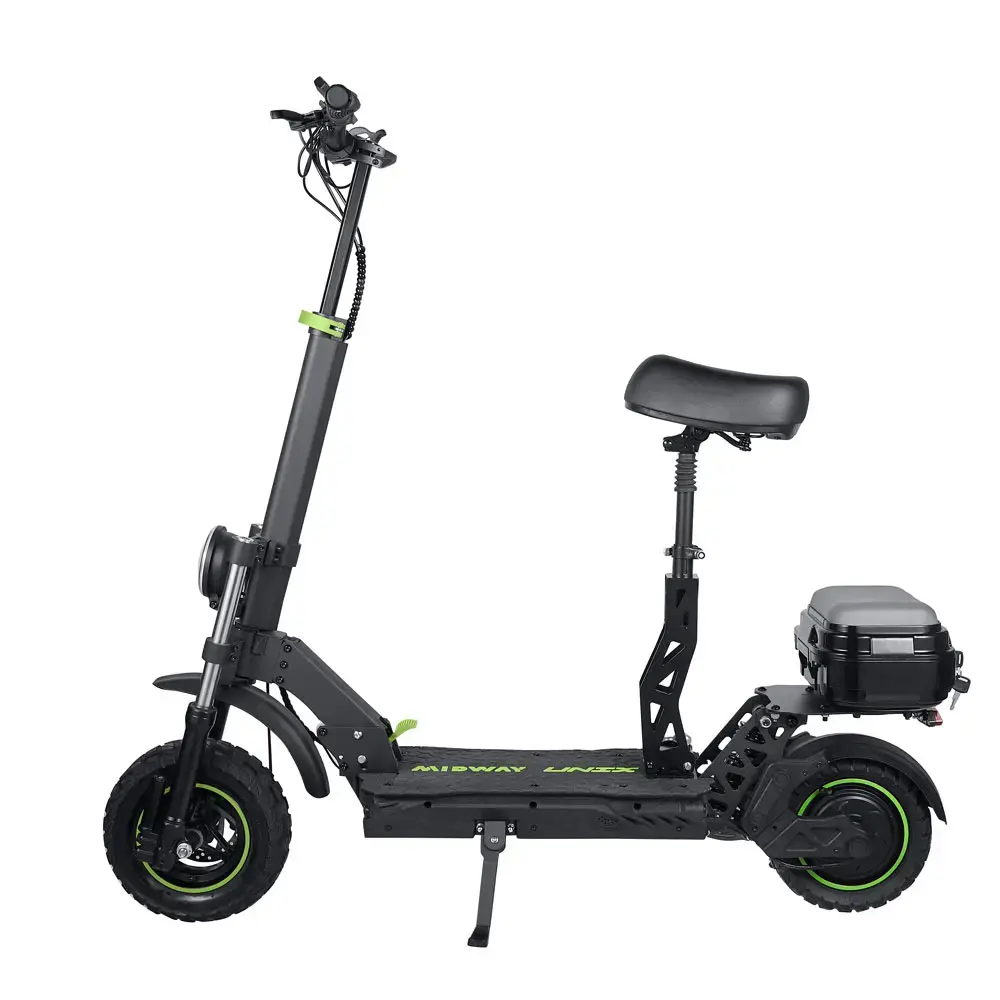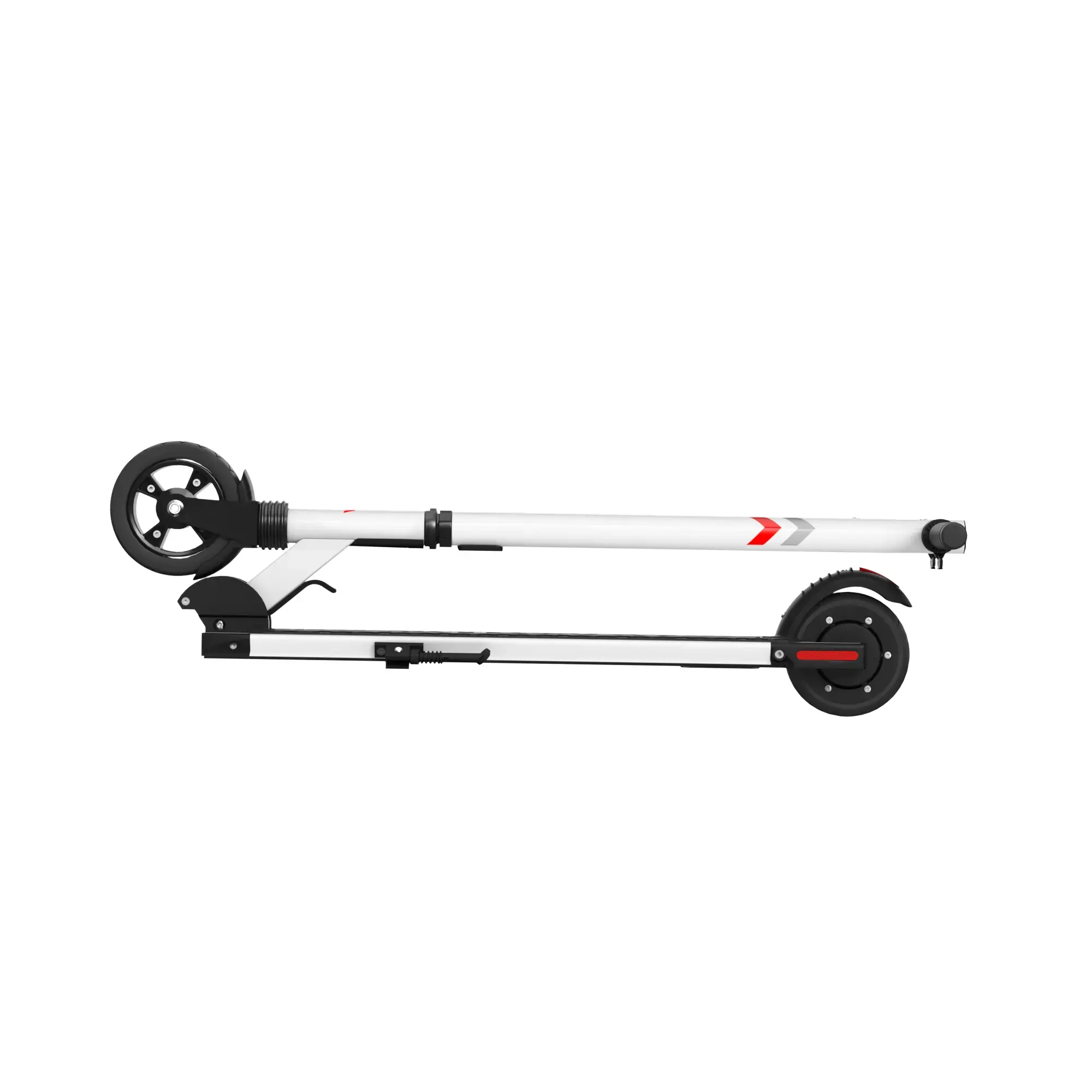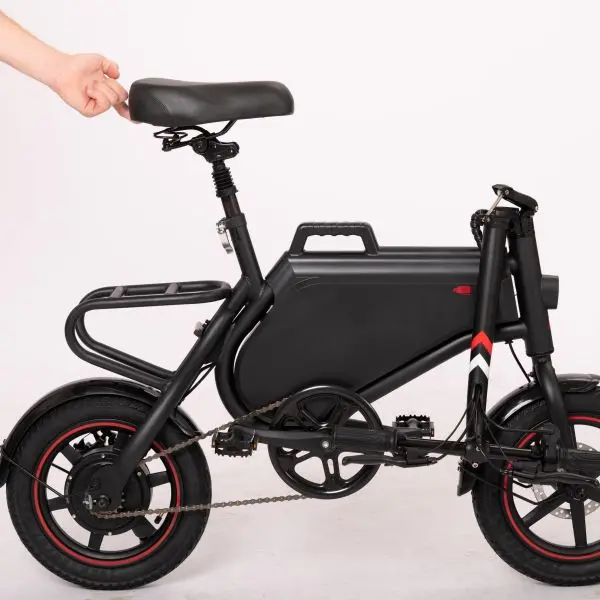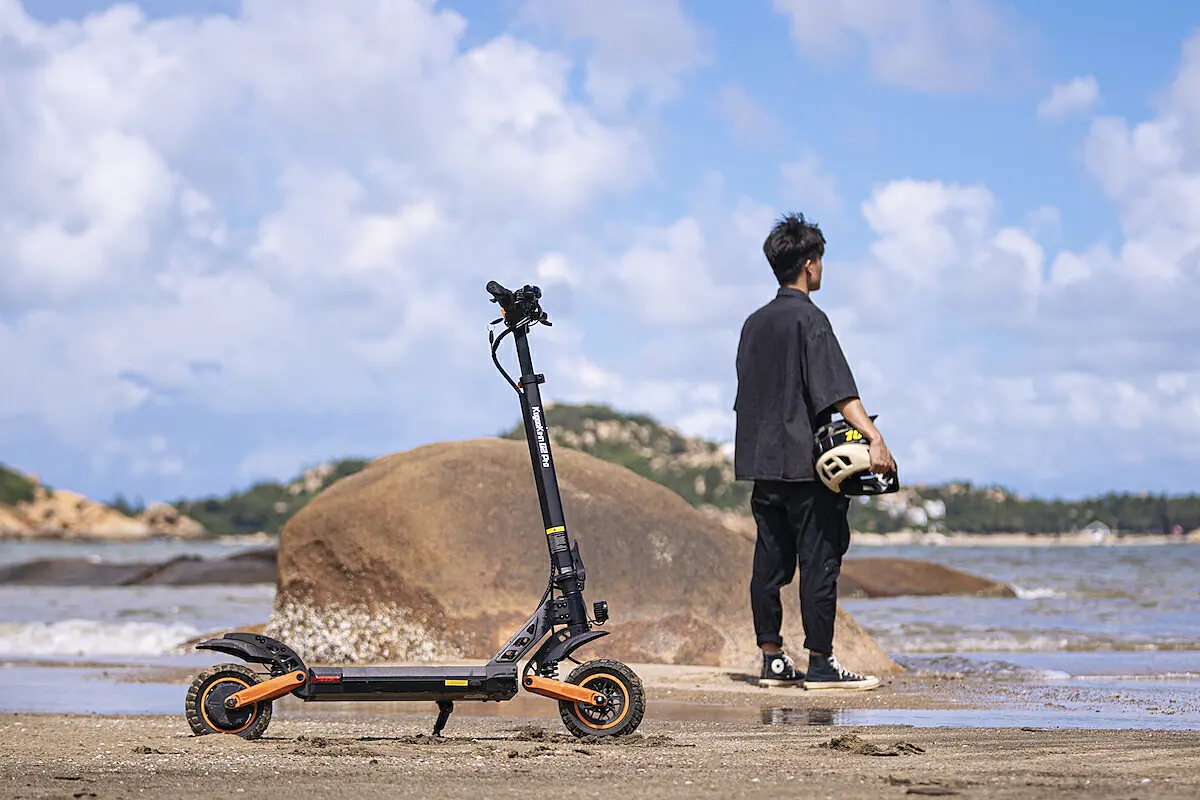What are the restrictions on the legal use of electric scooters in the UK?
As an emerging personal transportation tool, the use of electric scooters in the UK is subject to a series of legal restrictions. The following is a detailed discussion of these restrictions.
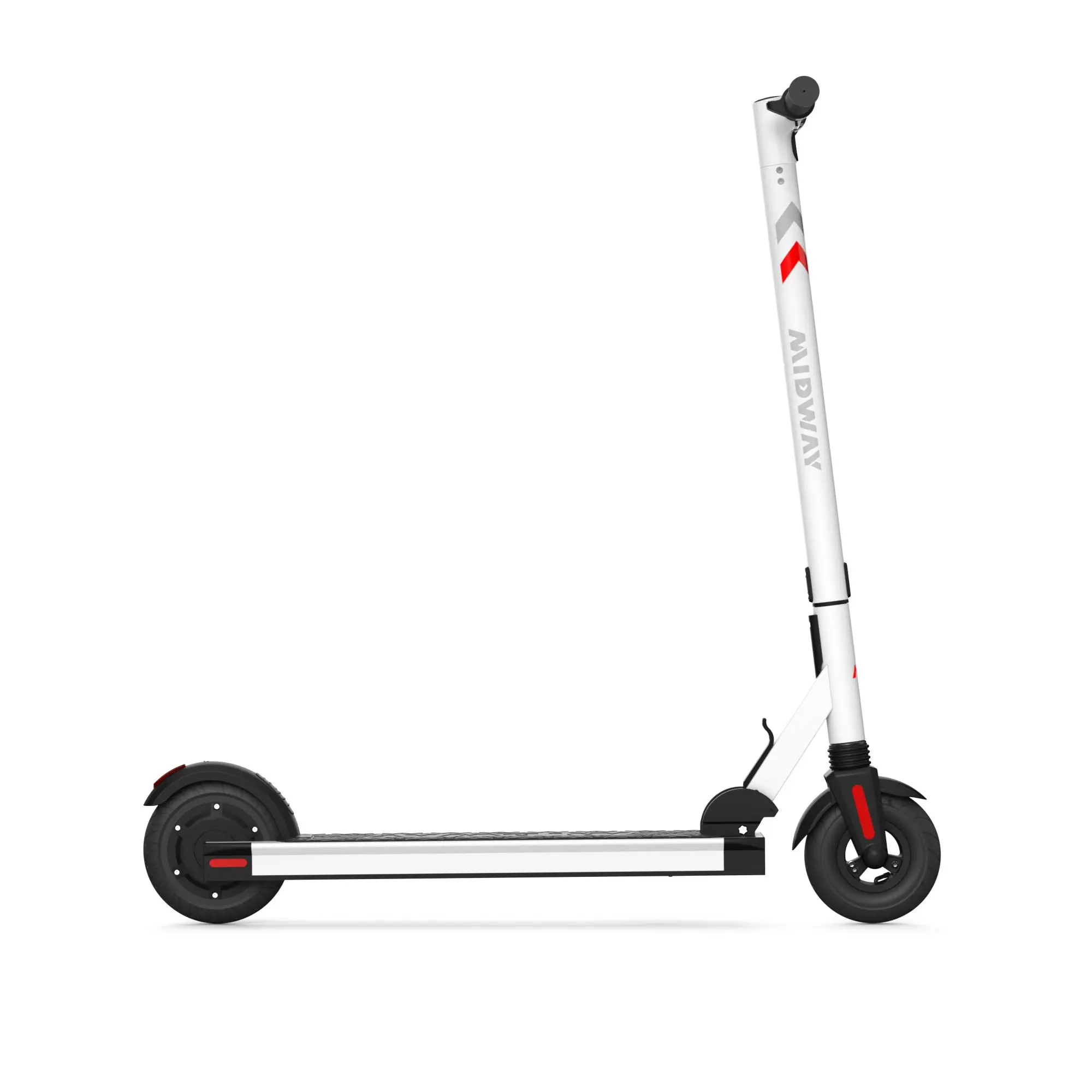
Definition and classification of electric scooters
In the UK, electric scooters (e-scooters) are generally classified as mopeds, which means that they are subject to the same legal restrictions as motorcycles
Electric scooters must meet specific standards to be legally used, for example, they must have pedals, the maximum power cannot exceed 250 watts, and the maximum electric speed cannot exceed 15.5 mph (about 25 km/h)
Restrictions on legal use
1. Restrictions on the location of use
Electric scooters are strictly restricted in the UK. Under current laws, electric scooters can only be used on private land without a license
This means that it is illegal to use electric scooters on public roads, including sidewalks and cycle paths
However, since July 2020, the UK government has piloted in some cities to allow shared electric scooters to be legally ridden on specific streets
2. Age limit
The age limit for using electric scooters is 16 years and above This is to ensure that users understand and comply with relevant traffic rules and safety requirements.
3. Driving license requirements
In the UK, electric scooters require a valid driving license
This usually means a temporary car, motorcycle or moped license
4. Speed limit
The maximum speed limit for electric scooters in the UK is 15.5 mph (about 25 km/h) Exceeding this speed may be considered a traffic violation.
5. Safety equipment
Although wearing a helmet is not mandatory, the UK government recommends that riders wear a helmet
In addition, electric scooters must have clear markings on battery power, volts, power output and maximum speed
6. Prohibited behavior
In the UK, it is prohibited to tow anything when using an electric scooter
use a mobile phone
and use it under the influence of alcohol
In addition, electric scooters are not allowed to be used on public transport
Certification and safety standards for electric scooters
Electric scooters need to meet a series of safety requirements in the UK market, mainly involving the EN 17128:2020 standard
In addition, the safety requirements of batteries and electrical components also need to comply with electrical safety standards (such as EN 62133-2). E-scooters also need to pass electromagnetic compatibility (EMC) testing to ensure that they do not generate excessive electromagnetic interference and can resist external electromagnetic interference.
Insurance and taxation of electric scooters In the UK, there is no insurance and road tax requirement for electric scooters. However, this does not mean that electric scooters are completely exempt from legal liability. If an accident occurs during use, the user may need to bear the corresponding legal liability.
The future of electric scooters Although there are currently many restrictions on the use of electric scooters in the UK, the government is considering relaxing these restrictions. For example, the UK government has begun to take measures to legalize electric scooters and has conducted pilots in some cities. This shows that the legalization of electric scooters in the UK is gradually advancing.
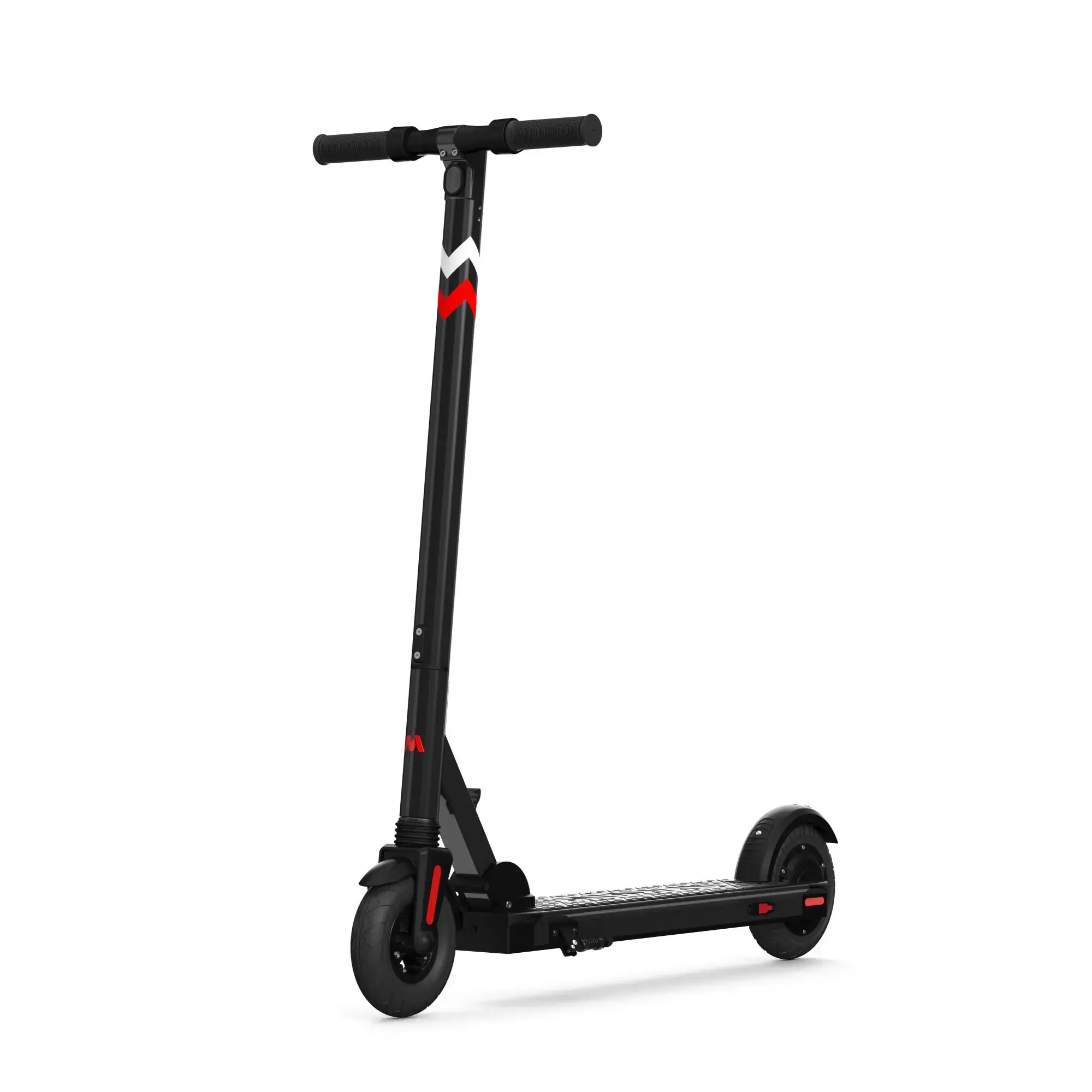
Conclusion
As a convenient means of transportation, electric scooters are subject to a series of restrictions on their legal use in the UK. These restrictions include the location of use, age, driver's license, speed, safety equipment and prohibited behaviors. However, as the government gradually promotes the legalization of electric scooters, these restrictions may be relaxed in the future. For users of electric scooters, understanding and complying with these restrictions is key to ensuring safe and legal use.
Please note that the above information is based on the data provided in the search results. Specific regulations may change over time, so before using an electric scooter, it is recommended to consult the latest official guidelines or seek professional legal advice.






